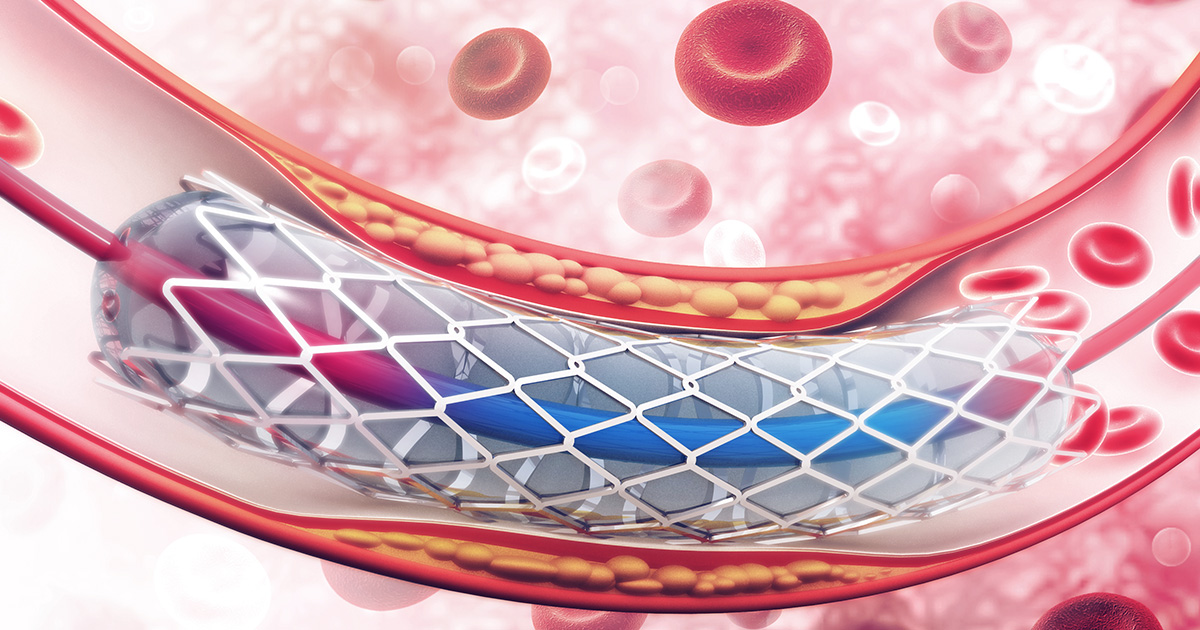Cardiac arrest – the abrupt loss of heart function that silently kills people without warning sign

Regarding current statistics, cardiac arrest becomes a public health issue with widespread incidence and severe impact on human health and well-being worldwide. Particularly in Thailand, cardiac arrest has killed approximately 50,000 people each year. Cardiac arrest is defined as a sudden loss of blood flow resulting from the failure of the heart to pump effectively which disrupts heart’s pumping action and stops blood flow to the entire body. If not treated immediately, sudden cardiac arrest can potentially lead to death. In spite of the fact that sudden cardiac arrest can strike anyone who has no known heart disease. However, a life-threatening conditions usually develops in patients with preexisting, possibly undiagnosed heart conditions. Coronary artery disease is the most common cause of cardiac arrest. It is the narrowing or blockage of the coronary arteries caused by atherosclerosis which is the build-up of cholesterol and fatty deposits (called plaques) inside the arteries. Limited blood flow to the heart causes ischemia (a lack of oxygen) of the heart’s muscle cells, leading to myocardial infarction and cardiac arrest.
Statistics indicates that out of 100 cases, 40 cases develop sudden death due to a sudden loss of blood flow caused by coronary artery disease and myocardial infarction. Other cardiac conditions that contribute to cardiac arrest often include electrical problems in the heart and enlarged or thickening heart’s muscles (cardiomyopathy) which is the major cause of sudden death in young adults and athletes.
Warning signs and symptoms
In spite the fact that cardiac arrest often occurs with no warning, aside from sudden collapse, signs of cardiac are often unaware of, these include:
- Weakness
- Fatigue
- Chest tightness or chest pain especially during physical exercise or exertion. Resting usually alleviates chest discomfort.
Risk factors
Since sudden cardiac arrest is firmly associated with coronary artery disease, risk factors of cardiac arrest especially in young adults include:
- Smoking
- Inadequate sleep
- Consumption of fatty foods
- Preexisting conditions e.g. hypertension, high blood cholesterol and diabetes
- A family history of death caused by coronary artery disease
Instructions when having chest pain
- If chest pain suddenly develops and progresses severely, immediately call emergency service.
- In patients who have had cardiac heart diseases, to relieve chest pain, it is highly recommended to immediately take anti-angina medicine one tablet sublingually. If symptom worsens, the second tablet can be taken 5 minutes apart from the first dose. If pain is not alleviated, immediate medical assistance must be promptly sought.
- Patients must access the nearest hospital as quick as possible. After arrival the hospital, investigations such as electrocardiogram (EKG) will be further conducted to examine and diagnose whether coronary artery disease develops. If the diagnostic result indicates coronary artery disease, appropriate coronary reperfusion therapy e.g. fibrinolytic drugs or balloon angioplasty must be provided without delays.
- For treatment monitoring and dosage regimen adjustment, patients might be required to be hospitalized for 3-5 days.
- For achieving a full recovery prior to discharge from the hospital, lifestyle modifications and rehabilitation advices will be instructed by doctors, nurses and physiotherapists.
- Since heart conditions become chronic health problems, appointments for follow-up and prescribed medications must be strictly followed as supervised by the doctors.
Prevention and risk reduction
- Annual health check-up is suggested in order to early detect any abnormality before symptom arises.
- If warning symptoms exhibit e.g. fatigue, weakness, chest discomfort, especially with abnormal EKG results, medical assistance provided by expert cardiologist must be further obtained.
- Contributing factors must be kept under control, including:
- Blood pressure should be maintained in the range of 130/80 or up to 140/90 mmHg.
- Blood sugar should be kept not greater than 170 mg/dL. And in the run, blood sugar level should fall between 110-130 mg/dL.
- LDL, lipid that increases risk of heart disease, should be kept lower than 70 mg/dL.
- Smoke cessation, if smoke
- Consuming healthy foods enriched with fibers e.g. fruits and vegetables
- Regular exercise at least 150 minutes/ week
- Avoiding sleep deprivation and stress. It is vital to maintain sufficient sleep, at least 6-8 hours/ day.
Screening and early detection of cardiovascular diseases
- Screening tests for people aged over 40 or people who are at risk of cardiovascular diseases: Screening and diagnostic tests include chest X-ray scan, electrocardiography (EKG), cardiac stress test e.g. exercise stress test, echocardiography, stress echocardiography and cardiac computed tomography (CT) for calcium scoring to determine the buildup of atherosclerotic plaque that blocks or narrows the arteries. If myocardia infarction is suspected, additional test or procedure is further required, such as coronary computed tomography angiography with the injection of contrast media or cardiac catheterization using a catheter – a long thin tube through groin or wrist.
- Screening tests for people aged below 40 or people who have no risk factors of cardiovascular diseases: screening tests usually involve chest X-ray scan, electrocardiography (EKG)/ Holter EKG to determine abnormal heart rhythms and echocardiography to diagnose congenital heart diseases.
3 steps to rescue people with cardiac arrest
- Seeking for immediate cardiopulmonary resuscitation (CPR).
- If automated external defibrillator or AED is stored nearby, it must be used immediately to deliver an electrical shock, or defibrillation, to help the heart re-establish an effective rhythm.
- Call the nearest emergency service or hospital.



